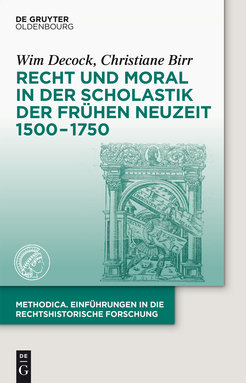(image source: TAOL)
Recent years have witnessed a clear rise in scholarship on law and the visual, mostly originating in the wider field of law and the humanities. The conference The Art of Law: Artistic Representations and Iconography of Law & Justice in Context from the Middle Ages to the First World War wishes to contribute to this research by focusing on imagery in its legal and art historical contexts. The program brings together original and interdisciplinary scholarship that questions the role of art in the practice of law, jurisprudence and justice administration from the Late Middle Ages through the Nineteenth Century.
The conference will be held in the Groeningemuseum, Bruges on Monday 16, Tuesday 17 and Wednesday 18 January, 2017, during the exhibition De Kunst van het Recht. Drie Eeuwen Gerechtigheid in Beeld (The Art of Law. Three Centuries of Justice Depicted) (28 October, 2016 – 5 February, 2017). This art exhibition, curated by Vanessa Paumen and Tine Van Poucke, features about 130 artworks from over 30 national and international museums and libraries and will focus on themes related to justice as expressed in artworks of various media from about 1450 through 1750.
The Art of Law is the closing conference of the IAP Justice and Populations’s WP4: Long-term (Self-)Representations of Justice (LongTermJust).
The conference is supported by
• Fonds de la Recherche Scientifique – FNRS
• Research Foundation – Flanders (FWO)
• Flemish Research Centre for the Arts of the Burgundian Netherlands
• IAP Justice and Populations: The Belgian Experience in International Perspective
• Fonds de la Recherche Scientifique – FNRS
• Research Foundation – Flanders (FWO)
• Flemish Research Centre for the Arts of the Burgundian Netherlands
• IAP Justice and Populations: The Belgian Experience in International Perspective
See conference website for final program, registration and practical details.
















